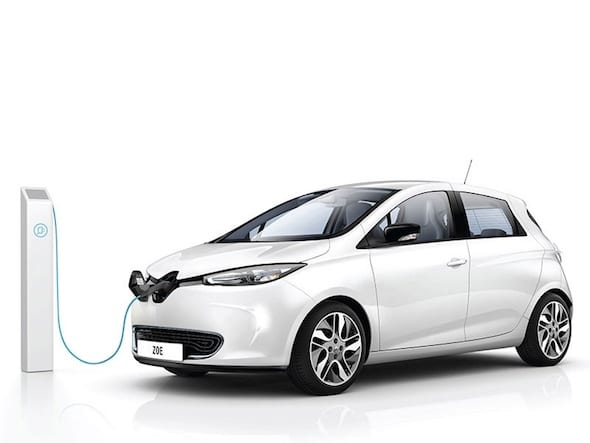A new ARENA-backed campaign is hoping to help crack the nut of Australia’s electric vehicle problem, by identifying both the barriers preventing uptake, as well as the key incentives that might drive a consumer to make the switch to an EV.
The Australian Renewable Energy Agency said on Friday that it had granted $172,215 in funding to a public participation program called Charge Together, designed by local start-up EVenergi.
ARENA said Charge Together would involve a social media and marketing campaign to identify prospective EV buyers, and use consumer research to help understand where the Australian market is going wrong on electric vehicle uptake.
As we have reported on RenewEconomy, electric vehicles have so far failed to thrive in the Australian automotive market, thanks to a vicious circle of policy inaction and what has been perceived as a general lack of consumer interest.
Participants in the Charge Together program would be given a home and car monitoring system which will “emulate the cost and logistics of owning, as well as charging and maintaining an electric car.”
EVenergi would then use this data to build a mobile app and online platform to help consumers to model the influence of rooftop solar, home batteries and electricity tariffs on a decision to buy EVs.
The idea is to optimise the buying and owning an electrical vehicle by giving customers access to significant discounts on selected EV related products and services, and by incentivising them to charge in ways that could help reduce strain on the electricity grid.
The research gathered will also be used to inform a report for government and industry, identifying barriers to EV uptake, potential infrastructure hotspots and lay the groundwork for EV charging
stations as uptake increases.
For participants in the program, a sweetener to the deal will be the chance to win “prizes and rewards” from Renault, which in September last year revealed its pure-electric ZOE supermini and Kangoo ZE van would be made available to Australian buyers within the next “couple of months”.
In a statement on Friday, ARENA chief Ivor Frischknecht said the Agency was excited to be involved in the effort to capture information about the needs and preferences of potential electric vehicle customers, and the capabilities of electricity retailers and networks to accelerate the uptake of EVs.
“Understanding the potential impacts of EVs on both home energy use and the electricity network will provide valuable knowledge on how EVs can maximise the use of local generation while integrating into a more flexible renewable distribution grid of the future,” he said.
The $349,573 Charge Together program, which has been successfully trialled in the UK, will initially be rolled out in South Australia – presumably to give it the greatest chance of success, considering SA’s leading position in Australia on renewable energy, rooftop solar and other industry leading low-carbon initiatives.
Based on its level of success, it could then be rolled out in other states.











